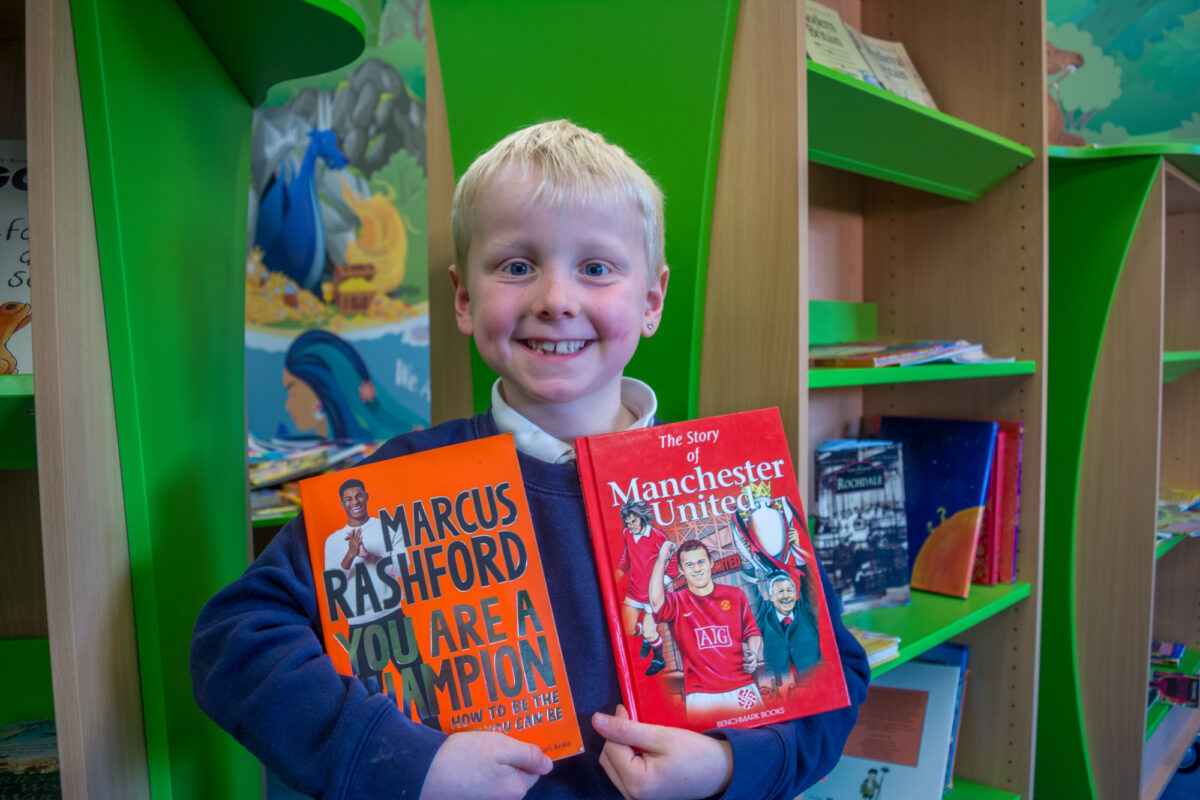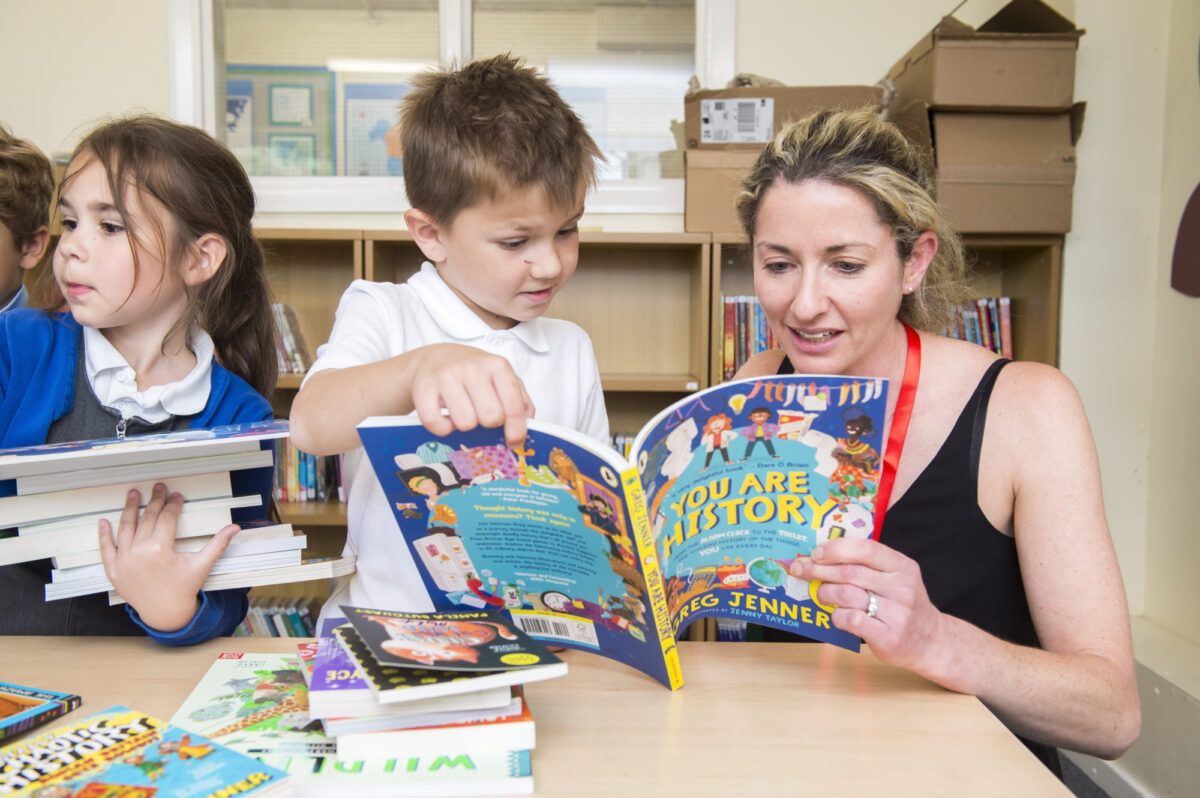6 easy ways to make reading part of your daily routine this summer
The summer holidays can be a tricky time for maintaining the literacy skills children work so hard to build during the school year. Without the structure and support of classroom learning, reading habits can quickly slip (especially for reluctant readers). Research shows that children can lose up to two months of reading progress over the break and may need six weeks in September to relearn lost skills. This is known as the summer slide or summer learning loss.
Reading for just 10 minutes a day might sound small, but it’s a powerful place to start. The key is consistency. When reading becomes part of your family’s everyday routine, it’s far more likely to become a lasting habit – and an easy way to stop the summer slide before it starts.
Here are six simple tips to help make reading a regular part of your child’s day and build habits that last well beyond the holidays.

1. Keep it short and frequent
Try 10 – 15 minutes a day or 2 – 3 hours a week.
Short bursts of reading are more effective than long, tiring sessions – especially during summer when routines are looser. A quick morning read, a bedtime story, or even a shared comic after lunch can help keep reading habits for children on track.
2. Let interest lead the way
Encourage child-led reading by following their passions.
Children are more likely to engage with books when they get to choose what they read. Whether it’s animals, gaming, football, or space, following their interests builds motivation and confidence. Giving children ownership is one of the best ways to encourage reading for pleasure.

3. Read beyond the book
Turn summer activities into literacy opportunities.
Museums, exhibitions, local trails, zoos, or galleries often include signs, maps, and activity sheets. Reading doesn’t have to look like sitting quietly with a book – menus, posters, or information panels all count. It helps children apply reading in the real world and stay curious.
4. Mix up formats
Audiobooks, comics, podcasts, magazines – it all counts.
For reluctant readers or those with additional needs, alternative formats can be game-changers. Listen to an audiobook on a car journey, read a graphic novel together, or explore child-friendly podcasts with subtitles. Any form of reading supports summer learning and builds literacy skills.
Try our Kahoot! platform, which has interactive quizzes and activities designed to make reading more engaging for young learners!
5. Make it social
Talk about books, stories, or anything they’ve read.
Ask your child to share something interesting they read today or chat about a story over dinner. Reading with your child, reading as a family or even mini summer reading clubs makes reading feel fun and collaborative, not like homework.
Here are some examples of how to engage children in storytelling using questions and statements.
6. Celebrate progress, not perfection
Praise effort, not just results.
Making reading a daily habit doesn’t need to be perfect. Celebrate when your child finishes a chapter, remembers a fact, or chooses to read without prompting. Positive feedback helps build reading confidence – so they head back to school excited and ready to learn.
Keep the habit going beyond summer
The best reading routine is the one that fits your family. Start small, stay flexible and focus on creating reading habits that stick. Whether you want to reduce the summer slide or want to simply explore new interests with your child, remember that a love of reading is one of the most powerful tools for lifelong learning.
Want more ideas or free resources?
Explore our summer reading support tools, downloadable activities and volunteer reading programmes here.
What 10 minutes of reading can really give families this summer
Discover how just 10 minutes of reading a day can reduce learning loss, boost wellbeing and strengthen bonds with your child this summer.
Read moreHow to overcome language barriers through books: Marta’s story
Discover Marta’s journey with Bookmark and explore our practical tips to support children to overcome language barriers and grow in confidence through reading.
Read moreResources for families
Hear from some of our favourite authors as they read excepts of their stories and poems in our Reading Adventure sessions.
Read more
